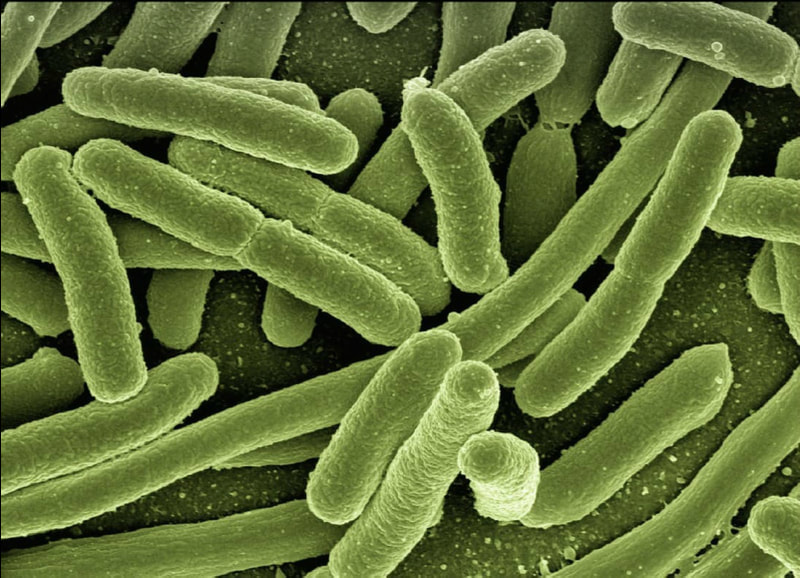The Relationship Between Coronary Heart Disease and Depression
For many years, comorbidity—when two chronic diseases are present simultaneously in an individual—was commonly reported to exist between heart disease and depression. In fact, around 40% of patients currently report depression after experiencing an acute myocardial infarction, or heart attack. This figure is too high to simply be related to post-traumatic stress after experiencing a heart attack. To figure out if this observed relationship between heart disease and depression is causally linked, researchers from the University of Cambridge performed a study on middle-aged individuals of European ancestry to answer if comorbidity is primarily due to genetic or environmental factors and if cardiovascular risk factors are causally related to depression.
The researchers sourced information from the UK Biobank, a collection of health data on more than 500,000 individuals from the UK to select participants who showed probable moderate or severe lifetime major depression, family history of heart disease and depression, and genetic predisposition to coronary heart disease and depression. The genetic risk of coronary heart disease and depression was measured using genetic variants, changes that are observed in a DNA sequence. In addition, the researchers also used Mendelian randomization, a method that measures variation in genes of known function to see if they cause disease, to study genetic variants including heart disease risk factors, BMI, blood pressure, lipids, and inflammatory markers.
The researchers sourced information from the UK Biobank, a collection of health data on more than 500,000 individuals from the UK to select participants who showed probable moderate or severe lifetime major depression, family history of heart disease and depression, and genetic predisposition to coronary heart disease and depression. The genetic risk of coronary heart disease and depression was measured using genetic variants, changes that are observed in a DNA sequence. In addition, the researchers also used Mendelian randomization, a method that measures variation in genes of known function to see if they cause disease, to study genetic variants including heart disease risk factors, BMI, blood pressure, lipids, and inflammatory markers.
Image Source: geralt
By comparing these factors, the researchers found a strong association between depression and a family history of heart disease, but very weak association between genetic predisposition to coronary heart disease and depression. From their Mendelian randomization, they found that inflammatory biomarkers IL-6 and CRP may cause or be causally linked to depression. Inflammatory biomarkers are biological measures of inflammatory immune response. Specifically, they found that higher concentrations of IL-6 and CRP are associated with increased risk of depression. Researchers explained that this was reasonable because previous studies had proved that inflammation associated with cardiovascular disease also affects the central nervous system, leading to depressive mood states. An important distinction that the researchers made was that their results proved that higher concentrations of the specified inflammatory biomarkers led to depression; previous studies had only predicted that depression led to higher inflammation. Their study also found a major, harmful side effect of inflammation—an increased concentration of triglycerides, a type of lipid (fat) found in the body.
Thus, the study concluded that comorbidity is more likely to be due to environmental, rather than genetic, factors. The researchers do point out, however, the limitations of their study—they used self-reported data from UK Biobank, which often leads to variables that may influence statistical outcomes. The most important of these variables is the measurement of depression; although researchers focused on “probable lifetime major depression”, specifying recurrent depression, the self-reported data makes it hard for them to ensure that all participants truly underwent repeated depression. Despite this, these results are still significant in that a causal association was found between cardiovascular disease-caused inflammation and depression. This has important clinical findings, especially when it comes to preventing the onset of depression caused by cardiovascular disease. This better understanding of depression-heart disease comorbidity will hopefully pave the way for finding potential treatment options to prevent depression.
Thus, the study concluded that comorbidity is more likely to be due to environmental, rather than genetic, factors. The researchers do point out, however, the limitations of their study—they used self-reported data from UK Biobank, which often leads to variables that may influence statistical outcomes. The most important of these variables is the measurement of depression; although researchers focused on “probable lifetime major depression”, specifying recurrent depression, the self-reported data makes it hard for them to ensure that all participants truly underwent repeated depression. Despite this, these results are still significant in that a causal association was found between cardiovascular disease-caused inflammation and depression. This has important clinical findings, especially when it comes to preventing the onset of depression caused by cardiovascular disease. This better understanding of depression-heart disease comorbidity will hopefully pave the way for finding potential treatment options to prevent depression.
Featured Image Source: Pixabay
RELATED ARTICLES
|
Vertical Divider
|
Vertical Divider
|
Vertical Divider
|






